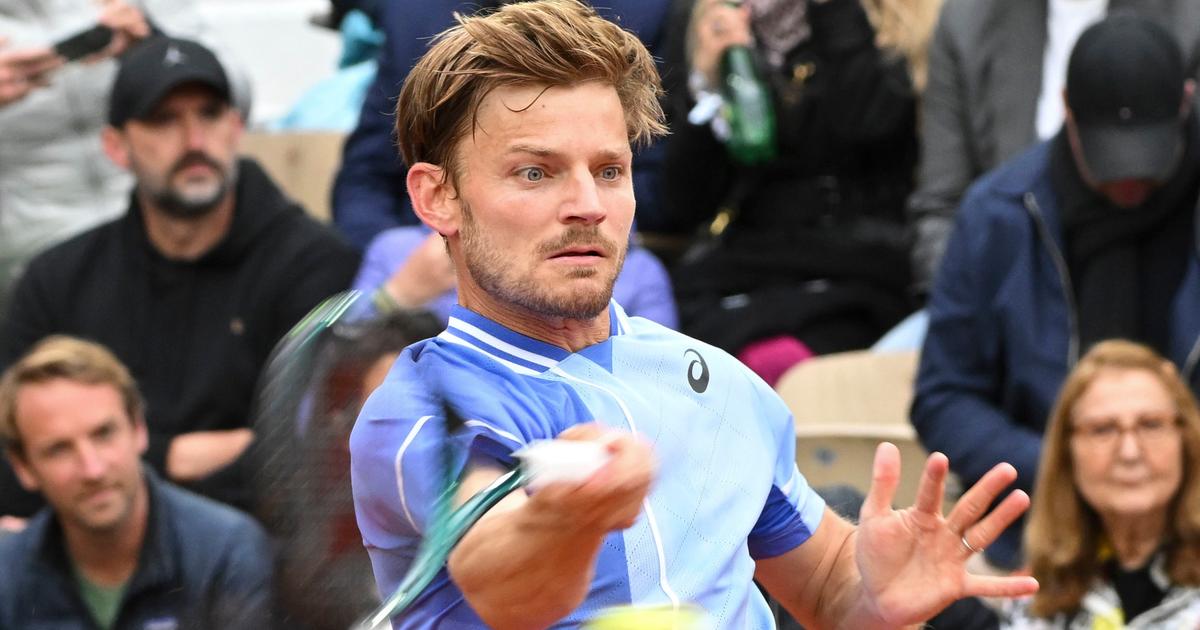After his contentious match against Giovanni Mpetshi Perricard, Belgian tennis player David Goffin expressed severe disappointment regarding the Parisian crowd's behavior during the French Open. The atmosphere on court 14 was fervently biased towards the Frenchman, prompting Goffin to criticize the public's 'disrespect.' Shortly after, director Amélie Mauresmo announced measures to curb such excesses, including a ban on alcohol.
Goffin, taken aback by the extent of the reaction, remarked, "I didn't want to make a big deal out of it," but acknowledged the support of fellow players and coaches. He highlighted a 'new type of support' characterized by increased aggressiveness and excitement, marking a significant shift in how the public engages with matches.
Iga Swiatek echoed Goffin's sentiments, stressing the need for spectators to avoid yelling during exchanges or returns. The changes reflect broader concerns among players about the evolving nature of crowd behavior at Roland-Garros, which some believe is becoming more reminiscent of football stadiums than tennis courts.
Incidents of excessive behavior aren't isolated to Goffin's experience. Valentin Vacherot's outburst during his qualifying round match, where he reacted provocatively to the hostile environment, underscores the challenges players face. Frenchman Gabriel Debru admitted the difficulty of competing with such an audience and urged supporters to be more understanding.
Goffin's critical stance is shared by many within the locker room. The Belgian recounted how even after a gripping five-set victory, the crowd's hostile actions continued to plague him, including someone spitting gum at him. Goffin stressed the need for a change, suggesting that while spirited support is welcome, actions aimed at disrupting opponents should be checked.
- While players like David Goffin and Iga Swiatek have voiced their concerns, the broader tennis community has long debated the appropriate conduct of crowds at major tournaments. Roland-Garros, known for its passionate French supporters, is now facing calls for redefining acceptable fan behavior to preserve the integrity and spirit of the game.
- The introduction of measures by Amélie Mauresmo represents a step towards addressing the issue, but the effectiveness of these changes remains to be seen. Player support and feedback will be crucial in determining whether such measures adequately address the concerns without alienating fans.
- As tournaments continue to evolve, the relationship between players and spectators will be paramount in maintaining the unique atmosphere of tennis while upholding sportsmanship and respect. Perhaps embracing this balance will ensure that tennis remains a sport celebrated for both its competitive spirit and its respectful engagement.






